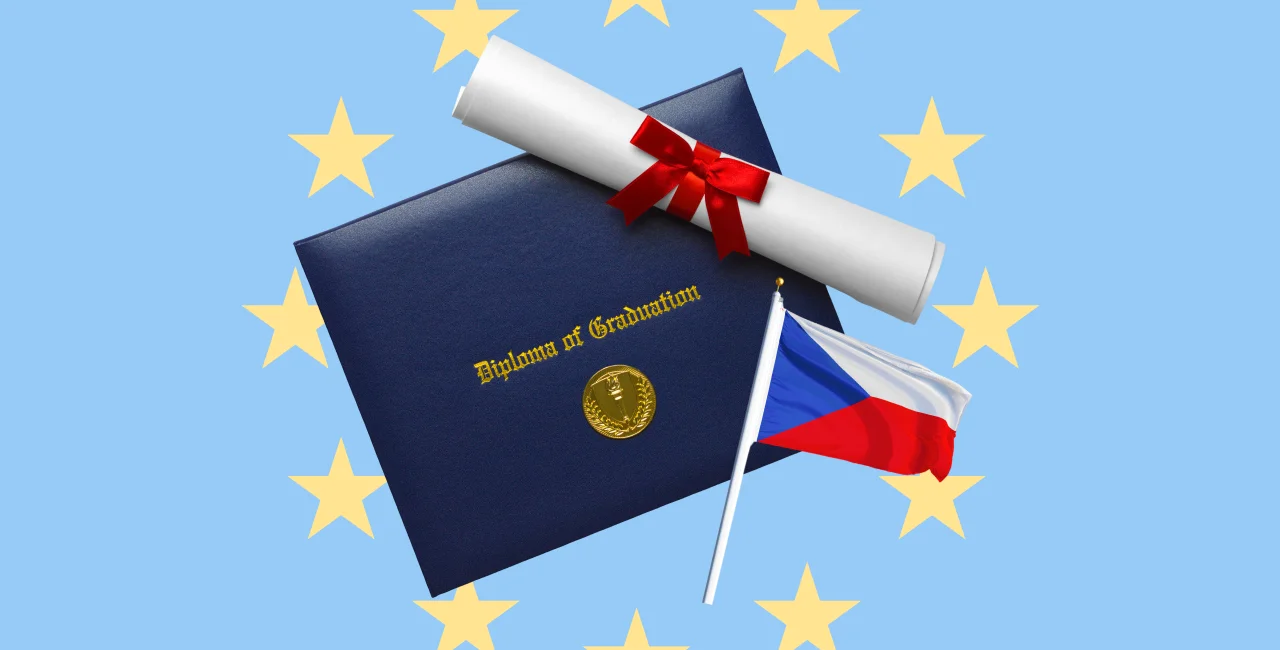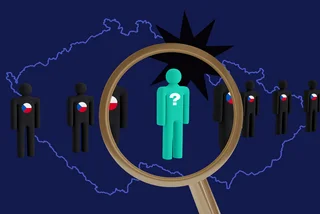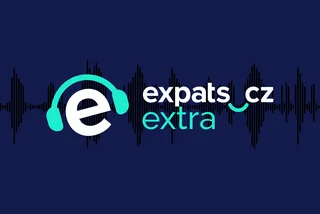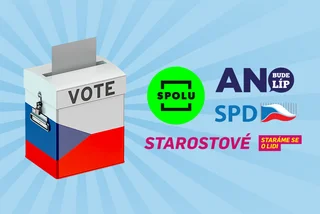Foreigners living in Czechia may now be eligible for financial assistance to help cover the costs of recognizing their foreign education qualifications, according to an announcement from the Brno Expat Center.
The support is provided through the Labor Office of the Czech Republic’s "Integration into the Labor Market and Support for Foreigners in the Czech Republic" project, co-financed by the European Social Fund.
Free assistance for a range of services
In addition to nostrification (the formal recognition of foreign diplomas), the program covers a variety of services including administrative fees, certified translations, and interpreter services, the Brno Expat Center explains.
Funding ranges from CZK 8,000 to CZK 10,200 per person and is subject to availability. Applicants are advised to contact their local Labor Office and clearly demonstrate how the support is essential to their employment prospects advises the Expat Centre.
The program is open to a wide range of foreign nationals in Czechia, including EU citizens, asylum seekers, and holders of international protection. However, funding is limited and not guaranteed for all applicants.
In addition to qualification recognition support, the Integration project provides Czech language courses, retraining programs, career counseling, and job placement assistance. Previous rounds of the project have helped nearly 10,000 foreigners complete Czech language training.
Applicants are encouraged to reach out to their nearest Labor Office branch for more information.
Who needs nostrification for work?
For non-regulated jobs—such as IT, business, or marketing—nostrification is often not required, and employers can accept foreign diplomas at their own discretion.
However, for regulated professions such as doctors, lawyers, dentists, pharmacists, and veterinarians, formal recognition is required by law. While the process may be more streamlined for EU citizens, nostrification may still be necessary depending on the specific job.
When do students need nostrification?
If you hold a Bachelor’s or Master’s degree from another EU country and wish to pursue further studies in Czechia, you will typically need to undergo the nostrification process. This is usually handled by Czech public universities that offer similar programs.
Universities with institutional accreditation may have the authority to recognize foreign qualifications internally for admission purposes.
Foreigners' growing role in Czech economy
Foreigners now make up approximately 20 percent of the Czech workforce, filling key roles in manufacturing, construction, and business services.
The administrative and business services sector—mostly white-collar roles—employs about 165,000 foreigners. According to the Association of Business Service Leaders, 40 percent of workers in this sector are foreigners, two-thirds of whom are EU citizens.
International students are also a growing demographic. As of 2025, around 56,000 international students account for nearly 18 percent of the country's total student population, with nearly half planning to remain in Czechia after graduation.












 Reading time: 2 minutes
Reading time: 2 minutes 


























